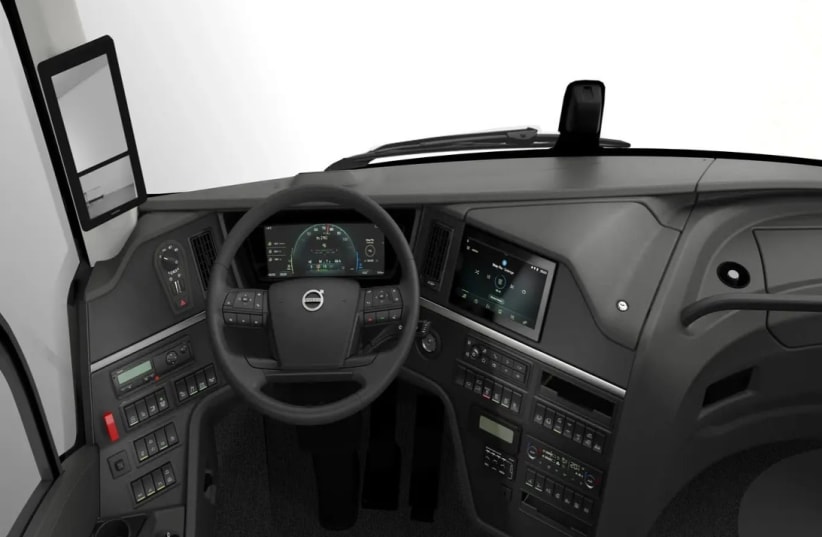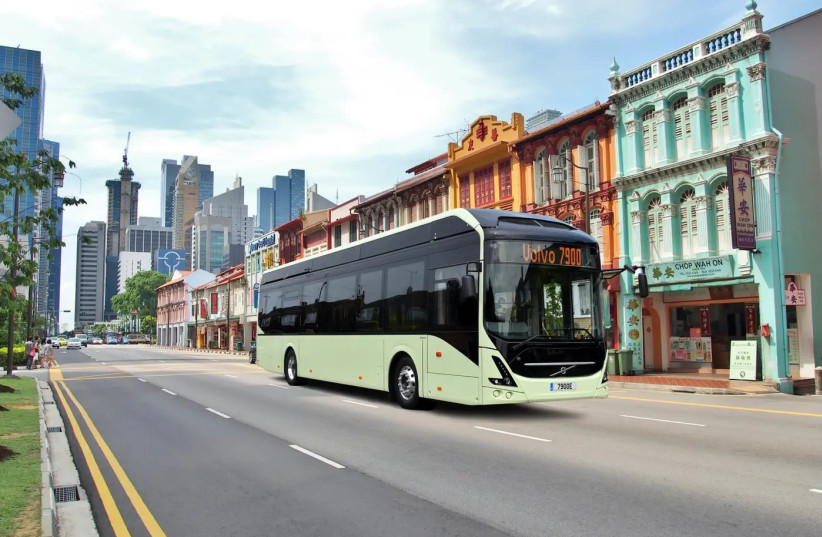Cyberwan announced that it has signed a contract as an Original Equipment Manufacturer (OEM) supplier with Volvo's bus division. Under the agreement, the company will supply thousands of units of the distraction prevention system for buses manufactured by Volvo at the company's plant in Mexico. The Swedish manufacturer holds a market share of about 50%.
Volvo Buses, a subsidiary of the Volvo Group, produces around 5,800 buses annually, with about 1,000 of them being produced at the plant in Mexico. Additionally, the agreement also includes supplying these systems to around 3,000 buses produced by the company already in the market, as well as two years of exclusivity for marketing in Mexico, 12 months of service, and support for customers whose buses will continue to receive the service in exchange for a monthly fee. The estimated transaction volume is around NIS 10 million.
Uri Gilboa, CEO of Cyberwan, said: "We are very proud to collaborate with Volvo Buses. This strategic agreement is a significant milestone in Cyberwan's penetration into international markets, especially the Latin American market. This is a huge step forward in our mission to reduce road accidents, and we believe that our system will play an important role in protecting bus passengers and other road users in Mexico. We are excited about the positive impact our technology will have on driver and passenger safety in the country".
This is the company's second contract with a heavy vehicle manufacturer after in October 2022 it signed a cooperation agreement with the Italian IVECO.
Ciberwaan's safety systems use DDPS technology, which identifies the driver's cell phone at the beginning of the journey and blocks access to applications that may cause distraction, including text messages, emails, videos, social networks, and more. It allows the use of navigation apps, calls, and music. Unfortunately, this is a solution that is not intended for the private market and is not accessible to private users, but is aimed at fleets of large vehicles. Local companies that have already implemented the system include Tnuva, Strauss, Osem, the electricity company, Shaltal, ICL (formerly Chemicals Ltd. in Israel), public transportation companies such as Electra Afikim and buses used for transporting students in regional councils.
The company has another system currently in development and feasibility testing stages with a large vehicle manufacturer called VRU, which uses locating cellular signals to identify and warn drivers of approaching vulnerable road users such as pedestrians, cyclists, motorcyclists, and more. The company also joined the European Union's regulatory committee on distracted driving a year ago.

